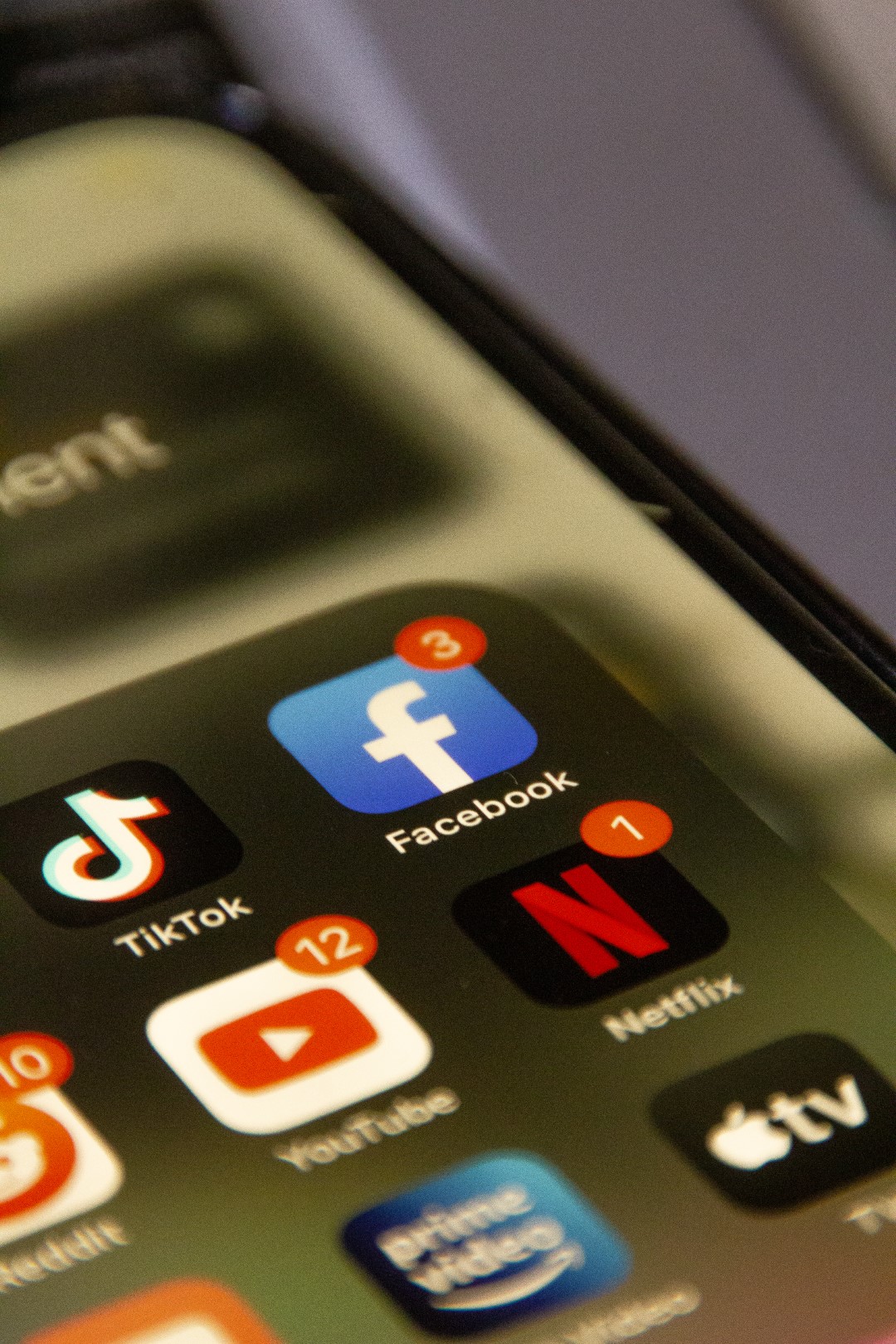
Boycotting Indiana for legalized discrimination laws
By Cazzy Lewchuk, Staff Writer
A recent law was signed by the Governor of Indiana on March 26, entitled the Religious Freedom Restoration Act. The law legalizes a business owner’s “free exercise right” to practice their religion, protecting them from government intervention. In essence, this law legalizes discrimination towards minorities—particularly the LGBT community—under the guise of a for-profit company practicing their religion. A restaurant owner could refuse to serve a same-sex couple or fire an employee for being gay.
For obvious reasons, this law has provoked a lot of controversy; the LGBT community, liberals, and even many conservatives have criticized the law. A movement known as Boycott Indiana has begun. Many consumers, businesses, event organizers, entertainers, and even politicians have spoken out against Indiana due to the new policies. Seattle, San Francisco, and the state of Connecticut have issued executive orders banning state-funded trips to Indiana. The message is clear: discrimination is never justified, and it will not be supported.
Discrimination of any sort is never okay, particularly against the LGBT community, who already face struggles in every aspect of their lives. The backlash against Indiana’s businesses and event cancellations—reducing the economy by millions of dollars—may help get this law amended or revoked. If nothing else, it sends a strong message to the Governor and supporters of the Act that bigotry is not accepted by others.
On the other hand, sufferers of this boycott do not just include the supporters. All Indiana citizens— many of whom in no way support the law—are affected. This may be through internal actions (an LGBT person losing their job) or through ironic out-of-state ones (many business owners in Indiana have reported a loss of customers, regardless of their own personal stance on religious freedom).
Should all the citizens of Indiana receive backlash over their government’s actions? Should everyone have to suffer because of laws that weren’t supposed to affect them? But perhaps the sanctions will encourage everyone to look at the rights of the marginalized people who the law affects and take a stronger local stance. It’s a difficult issue. Is spreading discrimination and oppression the best way to fight oppression? Perhaps this act says more about the executive rights of governments on a state-to-state basis than it does about what Indiana, a state of 6.5-million people, thinks as a whole.
Legalized discrimination and bigotry is nothing new. There are many, many countries in the world where the LGBT community is punished by jail time or even death. It’s an uncomfortable issue that’s difficult to address due to cultural context and diplomatic relations. Russia was under media attention for anti-gay laws, but they were still allowed to host the internationally funded Olympics. The Middle East received considerable support and business from the US, despite their repression of the LGBT community. Of course, it’s much easier for state-to-state business to be conducted than federal or international. We may actually stand a chance of amending or reversing the home discrimination. Is bigotry more important when it takes place in the US than internationally?
I’m in no way a supporter of the Indiana act, and don’t plan to be travelling to the state anytime soon. This is just as much to do with how little there is to see in Indiana as it does with their laws. I believe supporting businesses and individuals whose stances I agree with is far more important than the governments that they live under. If we truly wanted to not support oppression as consumers, we wouldn’t be buying our clothes, smartphones, cars, computers, or anything else manufactured in the communist restrictive government of China.


